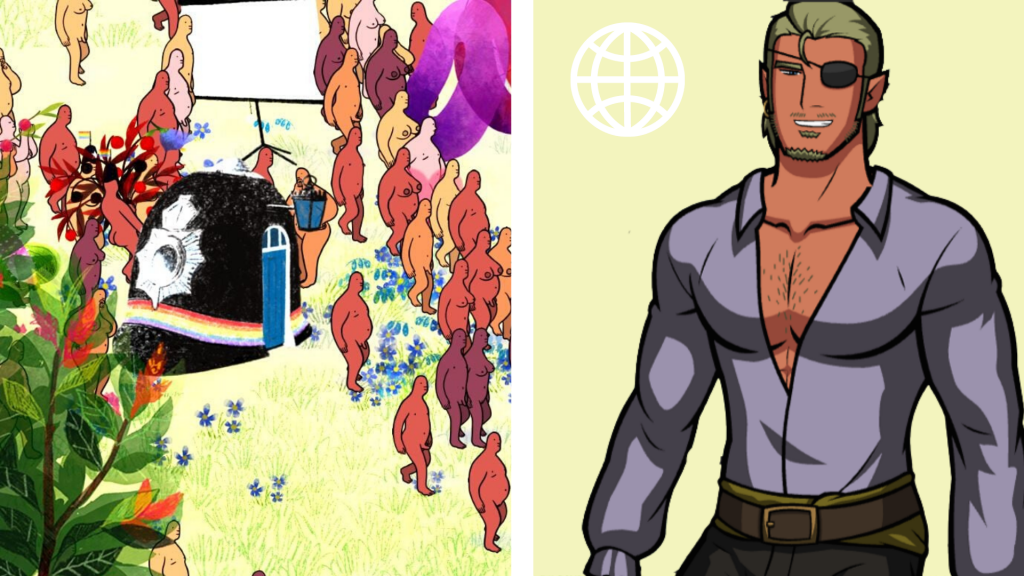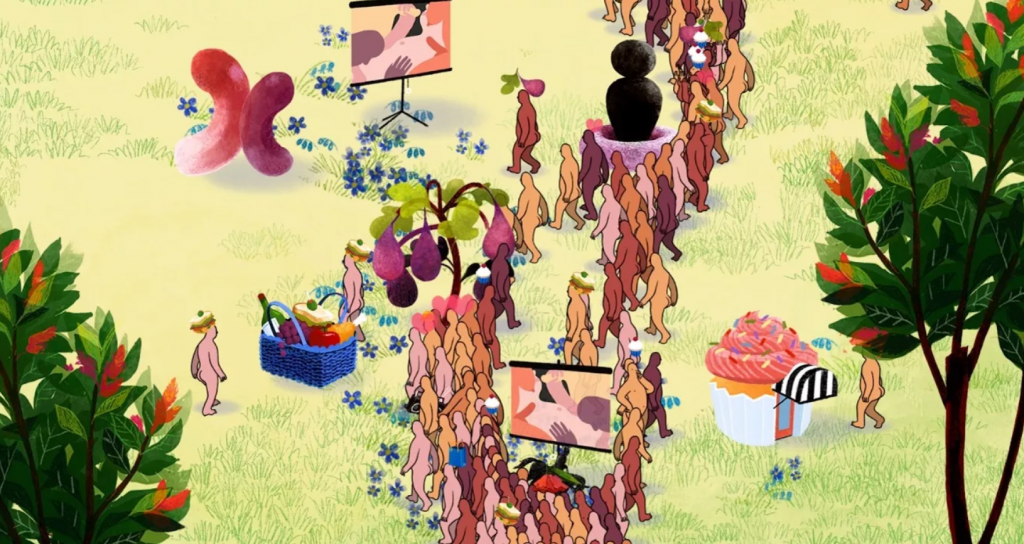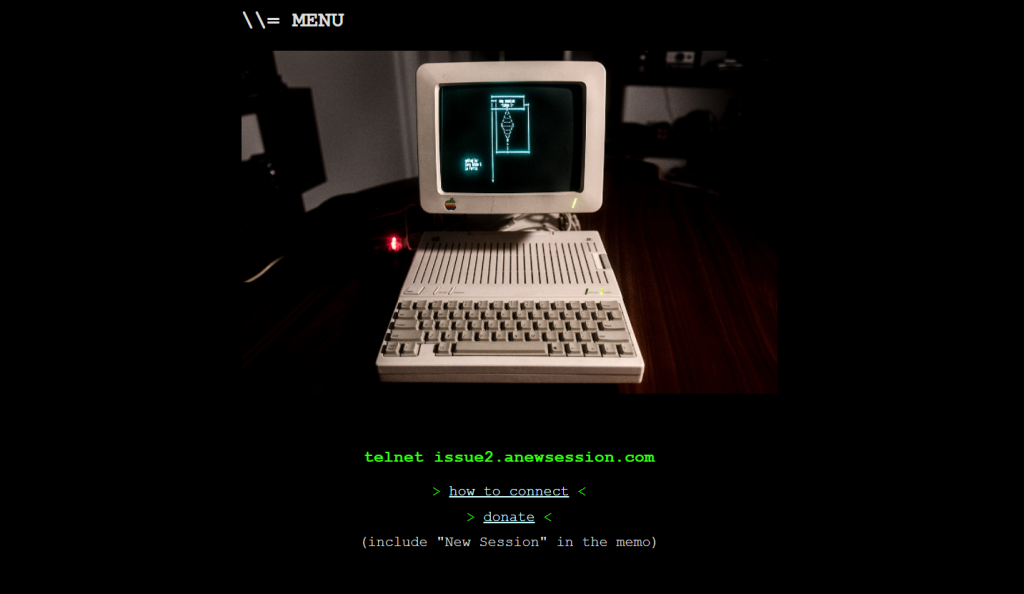
Are browser games a way for LGBTQ+ bodies and desires to resist being policed?
Among an increasingly homogenous and stifling climate, it is arguably browser games that offer the most freedom to create video games in which LGBTQ+ identities and sexuality can resist being policed.
Video games are a way in which LGBTQ+ people can escape unsafe and frightening realities. However, capitalism, corporations and the State can exert a huge influence over what or who is policed in video games. Today, we have the choice of many platforms and consoles to play on, from the PC to the Nintendo Switch. Yet huge companies dominate the market and the internet. Such companies strictly monitor and censor expressions of sexuality in games. For example, Google Play banned many “sugar daddy” apps a few years ago, and in China, the government has banned games deemed to be “immoral.” This includes games that include same-sex relationships, “effeminate males” and characters whose gender is not immediately clear. All of this exists within a political climate that is becoming more restrictive towards LGBTQ+ people. Yes, we can now marry in many western nations, but this meant LGBTQ+ people had to appeal to respectability politics.
Alongside our new freedoms, the white cishet colonial mindset has become more ingrained and defensive. The increase in support for kink to be banned at pride events, the dominance of “queerbaiting” in discourse, and a sharp rise in transphobia, with gender-critical views becoming mainstream to the point it is now endangering trans youth. All of this focuses upon a sanitised, morally acceptable, conservative acceptance of LGBTQ lives.
Robert Yang is an academic and indie video game developer. Yang has become known for games that are rooted in gay subculture, with themes of sex, kink, politics, power dynamics, and pleasure. One of his most recent games, We Dwell in Possibility was commissioned by Manchester International Festival in 2021. The queer garden simulator allows a player to create a utopian community focused on pleasure.
My favourite feature is the random shifts in anatomy. Naked people suddenly switch a penis for breasts. Yang presents being trans as normative, with no barriers or objections to transitioning. This freedom of expression was made possible via choosing to host the game on a browser.
Yang’s games have been censored by multiple major corporations, including Apple, Google, and Twitch. This has limited the reach of his games and made financial viability much harder. Here, Yang sees parallels to barriers sex workers face online.“If some random guy at a credit card company, bank, or social platform suddenly decides that you’ve crossed one of their secret invisible unspoken lines, they can and they will totally freeze you out of any services, without any warning or appeal. So while I’m not a sex worker myself, I find a lot of solidarity with them.”
Growing up, Yang found Flash-based gay striptease/jacking sims to be formative. One of his favourite gay sex browsers game, Sepe’s Cumshot is no longer playable. It is the death of Flash that has left Yang feeling skeptical about the future of browser games, particularly those which are LGBTQ+. “Adobe used its stake in browsers to let Flash games die, and now Google basically controls the browser. These companies don’t necessarily have to ban LGBTQ games specifically – they can just break them. And if your game isn’t a big mainstream commercial product, it’s difficult to justify committing time and resources to maintain it.”

Flash was first released in 1996. Cara Esten, the founder of the literary magazine New Sessions, has decided to go back even further – to Telnet. Telnet was developed in 1969. It was one of the first tools used to link computers over large distances. Esten writes in the introduction to issue 1 of New Sessions, “It’s funny: when we talk about optimism, we usually imagine it as pertaining to the future, rather than the past. But why not be optimistic about the past too? It’s not hard, just a matter of examining all the paths not taken. Picking an earliest point at which you could imagine a divergence, something to pull away from a troublesome present.”
Esten wants to go back to the past, as a way of reimagining the possibilities of the internet. The idea for New Sessions (which she edits alongside Lo Ferris) developed during lockdowns when she started repairing old computers – something she never had time for before. This led Esten to think “a lot about planned obsolescence, and how, under capitalism, the devices we produce are made to be replaced and discarded after a short amount of time. It got me thinking about how to do the opposite of that, how to create technology that’s accessible from any device regardless of age or platform.”
Telnet is no longer in common usage, in large part because it was developed before the internet had gone mainstream. This means no form of encryption exists and leaves Telnet outdated in terms of modern security. However, it also means Telnet cannot be censored like the modern web. Esten describes using Telnet to create their literary magazine as “essentially pulling away from this model of the latest-and-greatest and choosing the lowest common denominator instead. And, of course, that lowest common denominator is less monetizable, it’s less prone to tracking and surveillance, and it’s less available for ad space. So it’s queer, it’s strange; it’s lacking the modern conveniences that capital provides, but it’s also lacking the cost that comes with those conveniences.”
The reception to New Sessions “has been wonderful so far” with Esten noting that “for a lot of people, it evokes nostalgia for the BBSs (Bulletin Board Systems) they spent time on as kids. Which is definitely what I’m trying to go for with this, aesthetically, as well as in terms of how it’s used.” She is hopeful that the magazine can reach beyond “vintage tech enthusiasts” and show that how the internet exists now is not “some kind of inevitable future.” Esten is trans and believes “visibility inevitably coincides with violence for marginalized people. When we start making demands, when we start winning, reactionaries start to push back.”

“I think being trans in our particular place and time means that trans struggle is an anti-capitalist struggle, and you can’t have one without the other (it’s also anti-imperialist struggle, as western gender politics are born from imperialism above all else). Hopefully, New Session stands as an example of [centering] trans work and trans stories without having to share them through a capitalist Web.”
It’s certainly challenging and stifling for LGBTQ+ developers in the West. But it’s another level of oppression and fear for such game developers in China, following the government’s ban on same-sex relationships, “effeminate males” and genders that go beyond male and female. In 2018, Harry Huang, a game developer based in Bejing released A Gay’s Life. Sharing some story and design similarities with the Australian game Florence, the browser game is pioneering in being the first Chinese video game to explore gay life.
A Gay’s Life is based on Huang’s own life. Via beautiful design and colours, you play as Ling Hao, a young gay man, living in a small town. Hao struggles with his sexual orientation, and as a player, you are in charge of making decisions such as staying closeted or coming out to his family. There are nine possible endings to the game, depending on the choices made. Throughout the game, a “self-acceptance score” either rises or drops in response to each decision. The game offers a nuanced, emotive and compassionate look at being gay in China – and even shows complexity in its homophobic characters, such as Hao’s uncle.
It is deeply sad, concerning and angering that games like this are no longer allowed to be played or made, in China. Browser games permit a degree of deviation from the policing of LGBT lives and desires, but in the end, corporations and States still yield massive power and influence.
This article was first published in March 2022 and has been updated.






